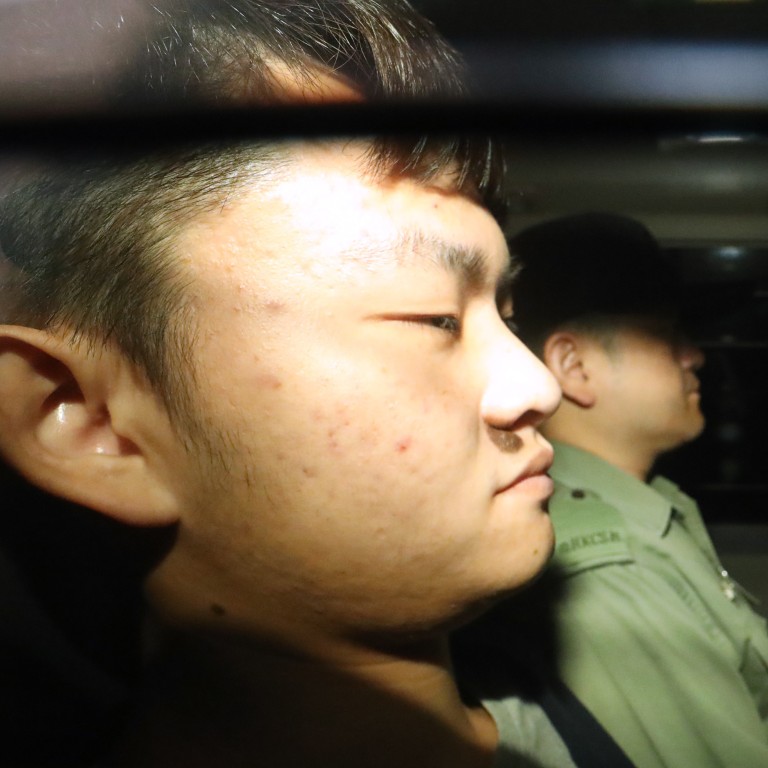
Opposition lawmaker Fernando Cheung withdraws his own bill to send Hong Kong murder suspect to Taiwan after it sparks fierce debate online
- Cheung apologises for presenting bill at ‘sensitive time’ and admits he failed to gauge public reaction
- Father of murder victim reportedly wrote to city leader Carrie Lam urging her to try alternative proposals to extradite suspect Chan Tong-kai
An opposition lawmaker in Hong Kong withdrew his own bill to resolve the murder case that triggered the government’s controversial extradition bill, hours after his proposal sparked fierce debate online.
Some cautioned the idea by Labour Party legislator Fernando Cheung Chiu-hung, which was first submitted last month, could allow the pro-establishment camp to amend his bill and revive the worst nightmare of the bill’s opponents by removing the legal firewall between mainland China and Hong Kong.
Speaking on Thursday afternoon, Cheung apologised for having presented the bill at a “sensitive time”.
He also admitted to having made a mistake in gauging public reaction to his bill.
“Society is on the verge of exploding; I really don’t want to see anyone harmed,” Cheung said, adding he had written to Legislative Council president Andrew Leung Kwan-yuen to withdraw the bill.
But Cheung argued that his bill, which was vetted and approved by the Department of Justice on technicality, showed the government could have resolved the murder case in another way.
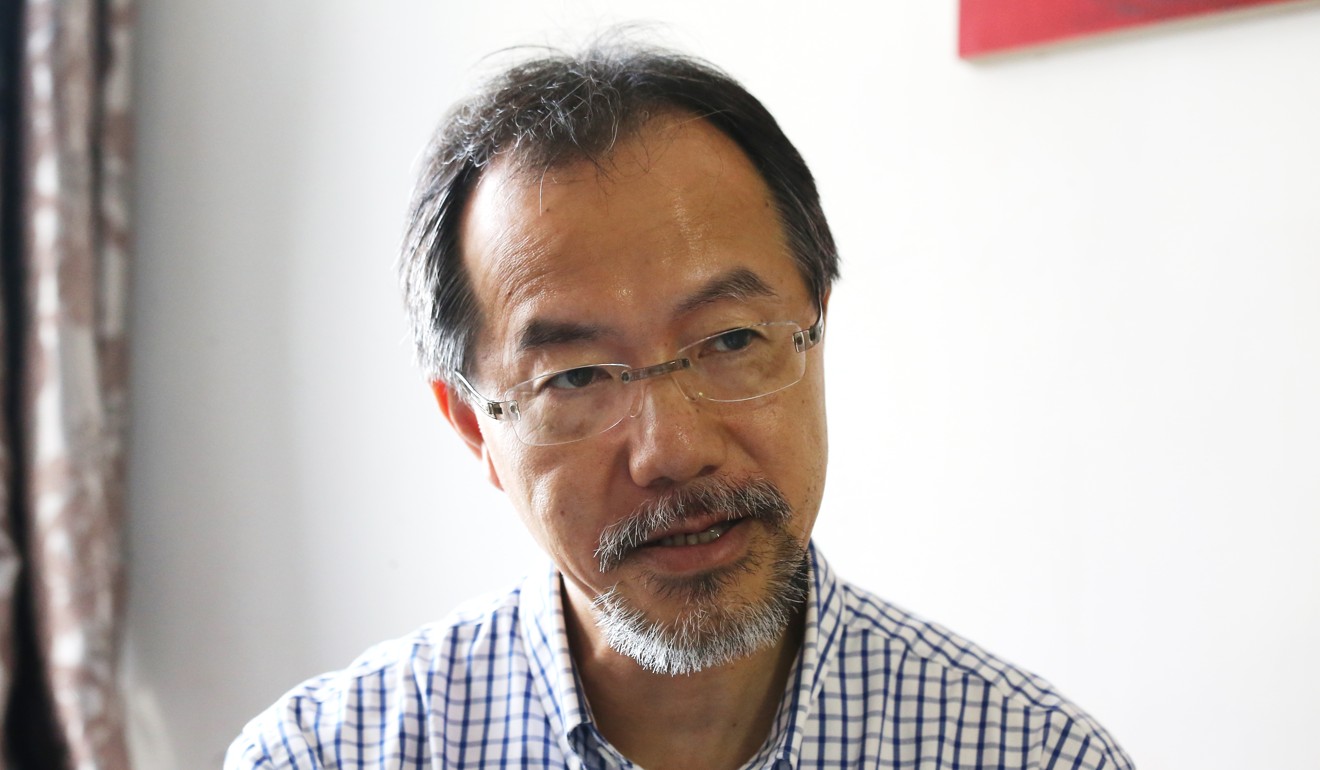
Cheung was the third lawmaker from the opposition camp to come up with a bill to deal with the Taiwan case, in which Hongkonger Chan Tong-kai, 20, is wanted for the murder of his girlfriend in Taipei in February last year.
Chief Executive Carrie Lam Cheng Yuet-ngor shot down a proposal from a pro-democracy legislator on Thursday, which similarly tried to provide a solution to the case while keeping the firewall intact.
Under Cheung’s bill, the city would have been able to transfer criminal suspects to Taiwan, but not mainland China or Macau. The government’s now-suspended bill would have allowed transfers to all three jurisdictions.
Elderly take to the streets in support of young extradition bill protesters
He admitted his proposal could arouse further controversy, after millions had marched against the government’s bill, which would have allowed Hong Kong to transfer suspects to mainland China.
Cheung had also said he would not allow the pro-establishment camp or the government to “sneak in” anything to do with mainland China, by way of further amendments.
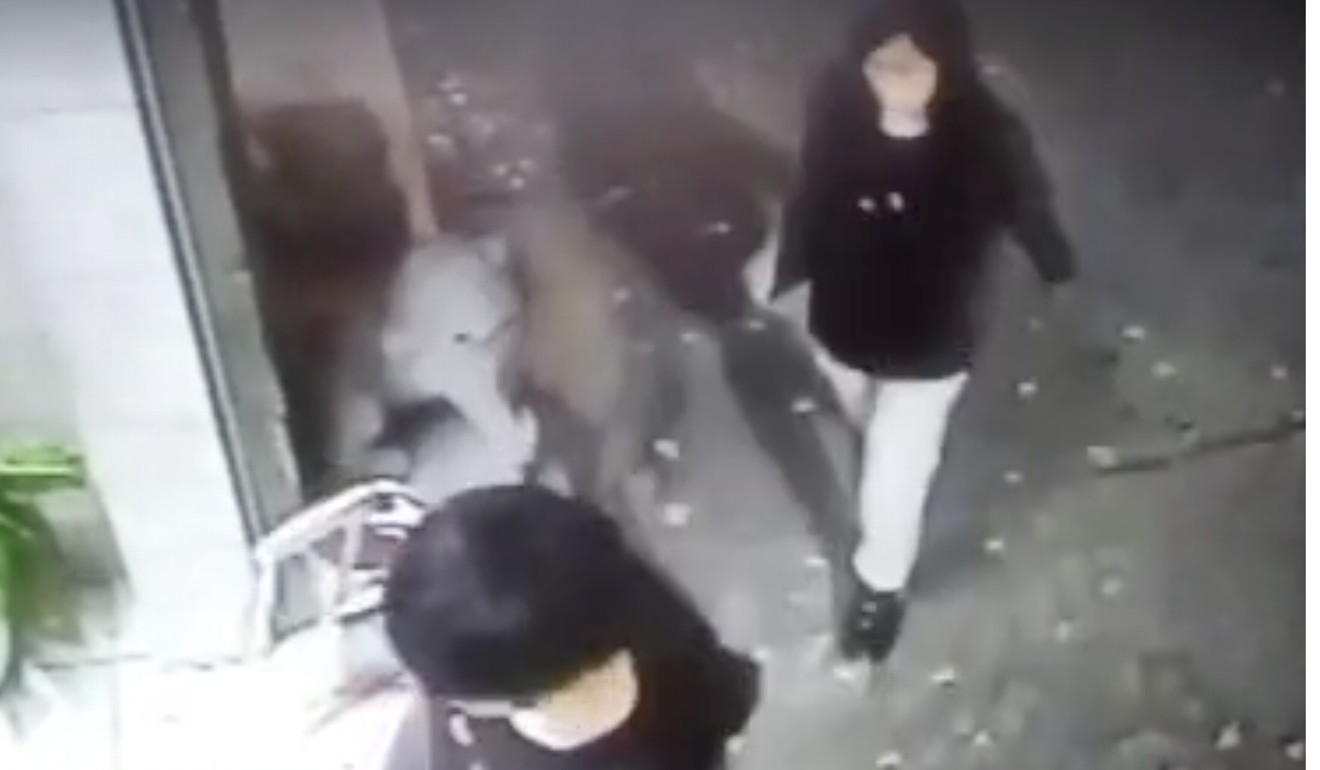
If pro-establishment legislators make bad amendments [so the bill includes mainland China], I can withdraw it at any time
“I want to say this is my own private member’s bill. If pro-establishment legislators make bad amendments [so that the bill includes mainland China], I can withdraw it at any time,” Cheung said.
Opinion: Why Hong Kong’s extradition bill is not just another law to Beijing and Carrie Lam
Under Cheung’s bill, both the Fugitive Offenders Ordinance and Mutual Legal Assistance in Criminal Matters Ordinance would have been amended.
Existing laws prohibit the transfer of suspects to “the Central People’s Government or the government of any other part of the People’s Republic of China”, which some have interpreted as including Taiwan, a self-ruled island.
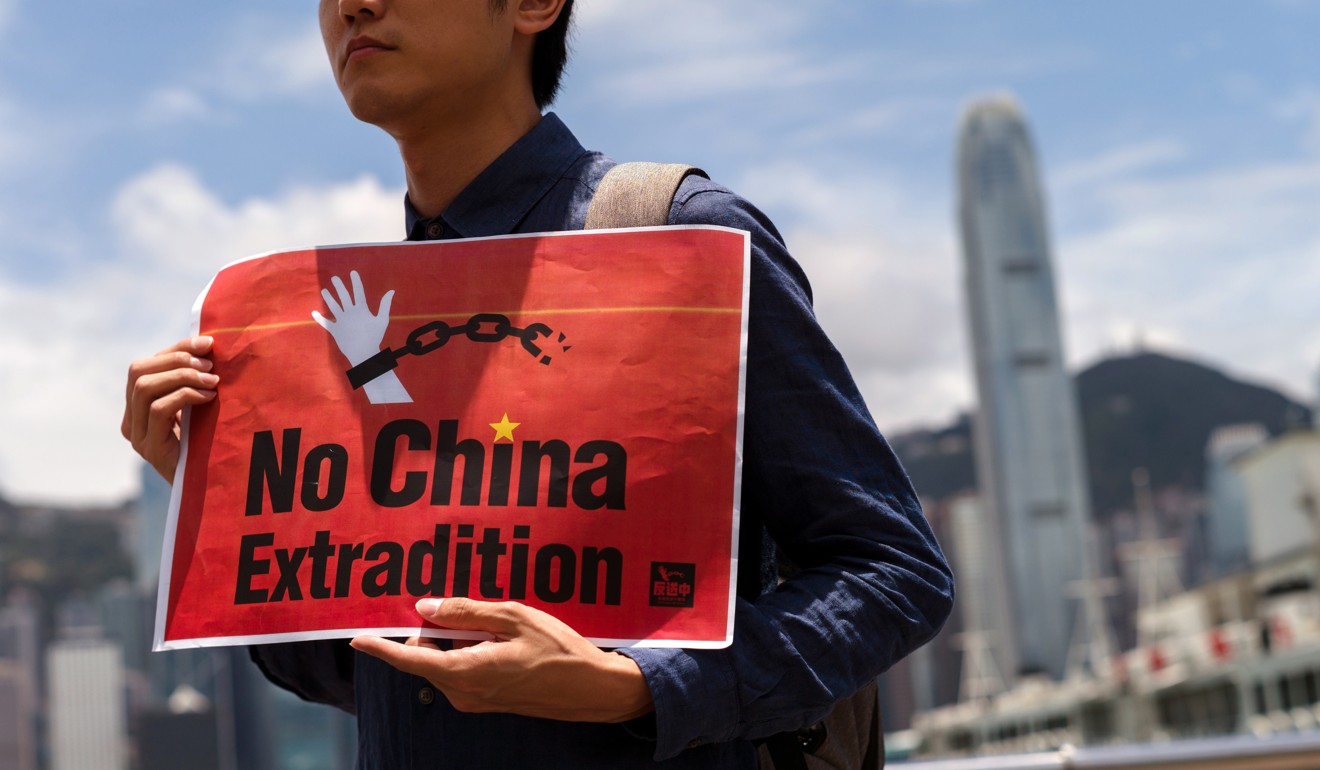
Cheung’s bill intended to change relevant clauses, so the ban only applied to “the Central People’s Government or the government of Macau”.
Cheung had said his proposal would only allow transfers on a case-by-case basis, adding it would be Legco that gives the ultimate approval for any transfer.
Extradition bill may be ‘dead’ but city leader Carrie Lam still unable to win over her critics
The murder case prompted Lam to push through the legal amendments in the extradition bill. She argued a legal loophole needed to be plugged so Hong Kong could extradite Chan to Taiwan.
A Chinese-language media site reported on Wednesday that the father of the murder victim Poon Hiu-wing wrote to Lam last month, urging her to consider alternative proposals rather than the ill-fated bill, so that Chan could be extradited.
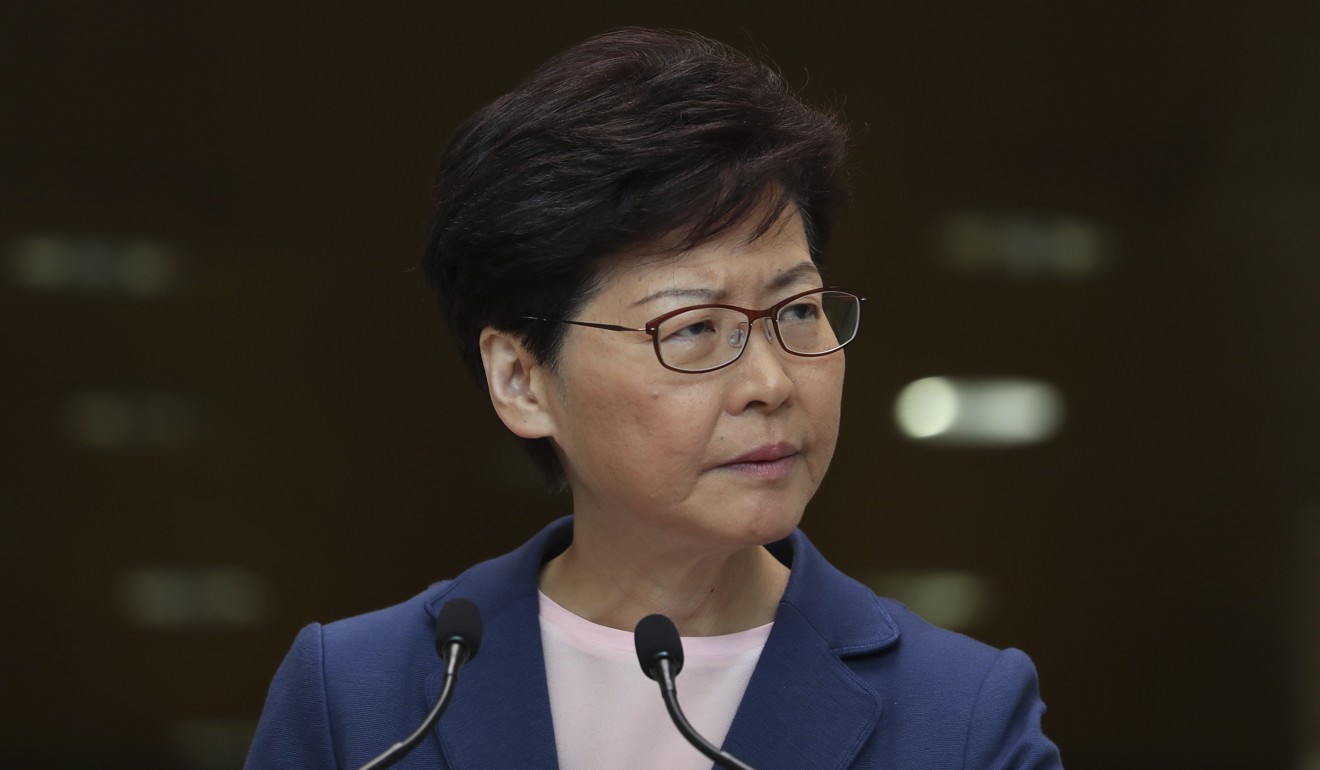
One option would be to negotiate with Taiwan for a “one-off” extradition, Poon’s father reportedly wrote.
Chan, who is currently in prison for money-laundering offences related to Poon’s murder, could be released by October.
Lam’s office refused to disclose the correspondence with the father.
Two other pan-democratic lawmakers, the Civic Party’s Alvin Yeung Ngok-kiu and the Democratic Party’s Andrew Wan Siu-kin, had earlier submitted their own private member’s bill proposals, which involved giving local courts extraterritorial powers over crimes such as murder and genocide.
Organisers planning another mass rally warn police not to reject their request
Lam’s office shot down Yeung’s bill on Wednesday, saying it had issues about the retrospectivity of criminal offences and the difficulty in collecting evidence. Wan was waiting for the justice department’s reply.
Yeung said he did not mind the refusal, but added the government should be making new proposals of its own.
“Right now, we can only see that the government and pro-establishment legislators are doing nothing,” Yeung said.
Starry Lee Wai-king, chairwoman of the pro-establishment Democratic Alliance for the Betterment and Progress of Hong Kong, had earlier suggested the government should urge Chan to turn himself in.

